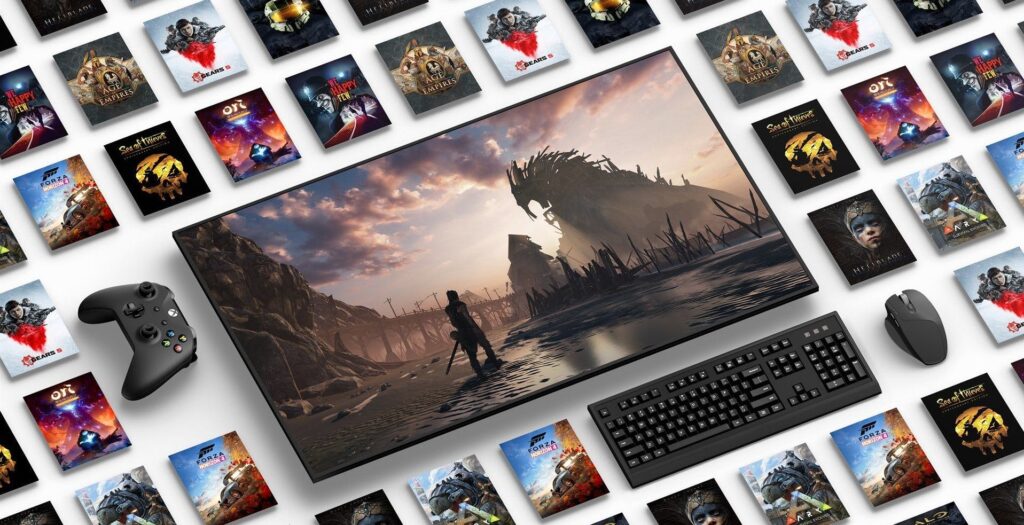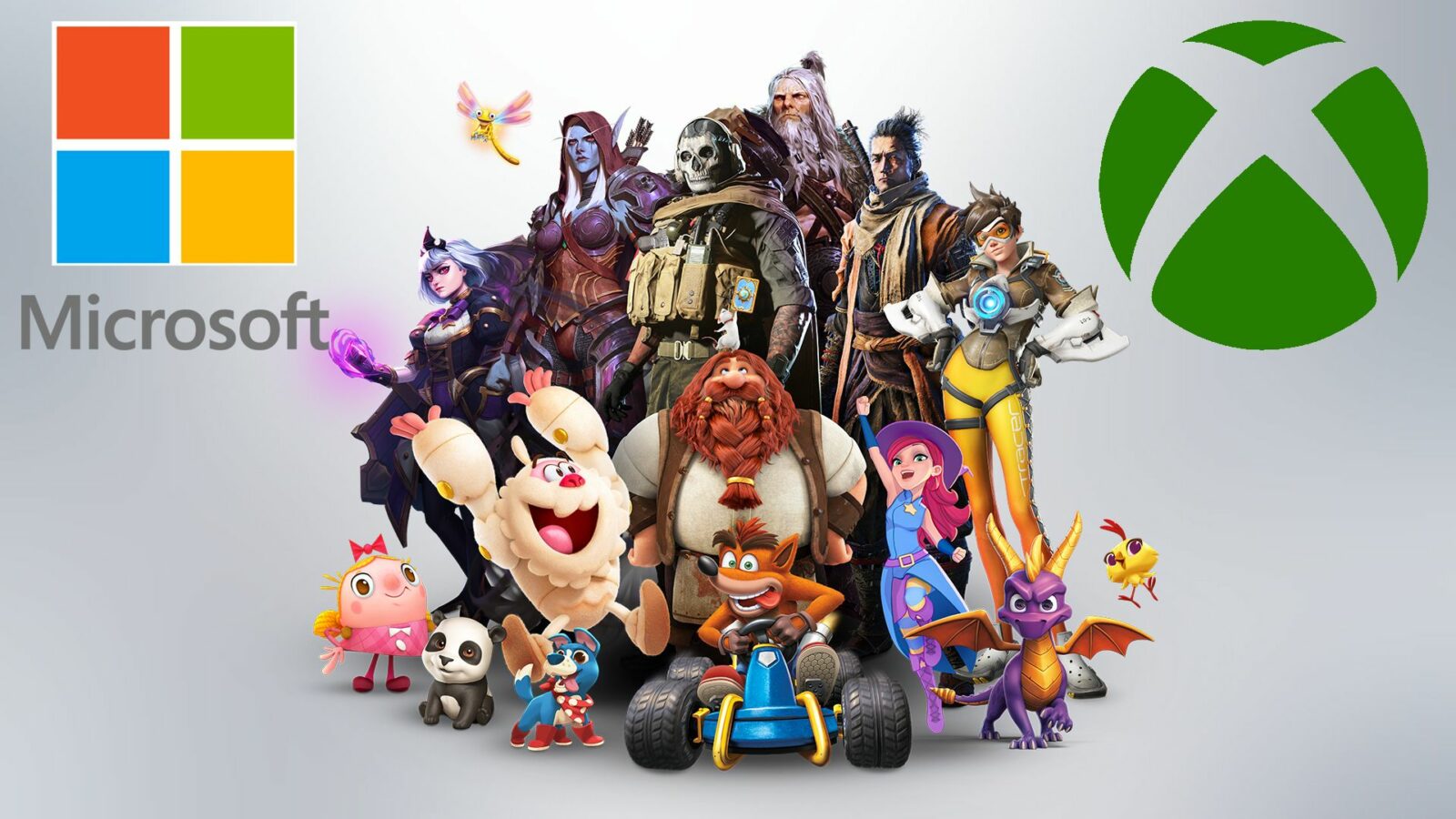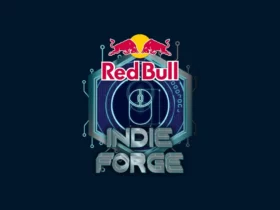With Microsoft’s recent purchase of the Activision Blizzard, the Redmond giant has brought an extremely high amount of software house to its studios, especially if we consider the acquisition of Bethesda some time ago. It is no coincidence that several voices have been raised in the past few hours, accusing Microsoft to be building a monopoly in the gaming sector: is this really the case?
Is Microsoft building a monopoly?
First of all it must be specified that the concept of monopoly is not so foreign to the gaming industry as you might think at first. In fact, the entire last generation of gaming was dominated by Sony with PlayStation, whose strategic power with PlayStation 4 profoundly influenced the market throughout the life cycle of the console.
Certainly in that case it was not a question of a monopoly in the sense of the term, but in fact the effects it had were very similar, both for better and for worse. The situation you are now presenting with Microsoft it’s not that different. Indeed not exactly, in the case of the Redmond giant, fortunately, the situation could be much less rigid.
In the first place why Phil Spencer has already stated that many of Activision Blizzard’s titles will arrive on all competing platforms anyway, and then because the American giant has already largely demonstrated to leave great creative freedom to the developers of its stables, certainly more than that guaranteed by PlayStation Studios, also in this case with all the negative and positive sides that this entails.
Therefore Microsoft has stated of not wanting to dismember communities and that will leave total creative freedom to studies. However, there are important distinctions to be made regarding the first issue, that of communities. Quite clearly here we refer mainly to titles strongly focused on the multiplayer component, but what will happen to the single player ones?
Microsoft’s stock portfolio
Here, it is likely that the latter will actually be developed only for Xbox platforms: to be clear, if a Call of Duty Warzone will retain its multi-platform soul, it is realistic to think that the next numbered chapter of the franchise, on the contrary, arrives exclusively, despite being an extremely popular franchise all over the world.
In any case, without bothering Call of Duty, it is undeniable that there are so many studios and franchises that now fall under the wing of Microsoft; and it is precisely from this point of view that the question should be framed, rather than from the user side. Only with the acquisition of Activision Blizzard will the company gain control over the series of Crash Bandicoot e Spyro the Dragon, not to mention World of Warcraft, Diablo, Overwatch e Heartstone.
BREAKING: The WSJ reports that Microsoft is buying Activision Blizzard, the troubled publisher behind Call of Duty and World of Warcraft, which has been facing crisis over the last year following numerous reports of sexual misconduct and discrimination. A seismic gaming deal
— Jason Schreier (@jasonschreier) January 18, 2022
Given that the mobile market also seems to be in the plans of the Redmond giant, it is impossible not to mention King, the developer of Candy Crush, while among the acquisitions last year we find Bethesda, working on The Elder Scrolls 6 e Starfield. The concern of industry experts about the alleged Microsoft monopoly from this point of view is understandable, even if it is too early to be able to evaluate its full-fledged effects.
The future of gaming
Many analysts in the past few hours have even put on the plate the fact that the antitrust law American could intervene to block the acquisition, even if at the moment it seems an unlikely eventuality and the deal should actually go through.
Also because there is a fundamental factor to underline, which has remained unspoken until now: that of video games is a highly competitive and vibrant market and Microsoft’s competitors will probably not remain idle watching the Redmond giant churn out. new products.

As Phil Spencer himself said: “Currently gaming is an incredibly vibrant and alive space” and, we add, a little to you competition it usually also leads to an equally healthy drive for innovation.
We conclude by saying that there is no shortage of software houses that have remained mostly independent on the market, just think of examples such as Capcom, Square Enix or Konami, but it is undeniable that the industry is increasingly polarizing on the three major players, that is Microsoft, Sony and Nintendo. How the balance between these three giants will be redefined in the next few, however, is still too early to tell.
















Leave a Reply
View Comments